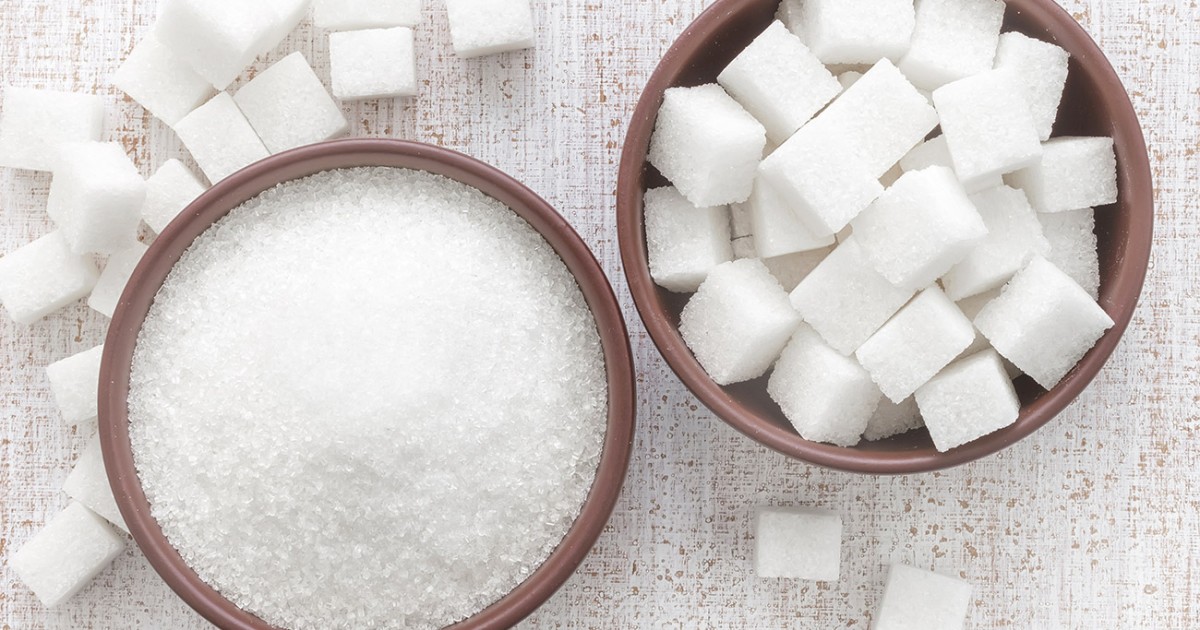Making healthy food choices can be a challenge whether you eat out, have a strict budget, or are overwhelmed at the grocery store. And then you throw in how “healthy” food isn’t always healthy. Start a search today to learn about eating better.
Just because a label claims to be fat-free or low in calories doesn’t mean it is an overall healthy choice. With this in mind, here are eight supposedly healthy foods you didn’t know are full of sugar.
Granola
Adding some crunchy granola to your Greek yogurt may give it more flavor, but it also adds extra sugar. To get that delicious granola taste it takes honey, oats, brown sugar, and other added ingredients that up the sugar factor and lower the health factor. This crunchy topping is a tricky one, so make sure you pick a granola that is low in sugar or make your own, or swap it out completely and try going natural with nuts or seeds.
Low-Fat Yogurt
While low-fat or fat-free yogurt may be lower in actual fat content than regular yogurt, that doesn’t mean it will be lower in sugar. In fact, many fat-free or healthy yogurt brands actually have more sugar than regular yogurt. There are often many added ingredients used to improve the flavor of your morning snack, so be aware of what brands you buy. Not all fat is bad so pick a yogurt that contains some fat content and less sugar for a healthier option.
Orange Juice
Orange juice may seem like a healthy and refreshing way to start your day but often it contains high amounts of sugar. Some brands even contain as much sugar as a can of soda, which means you’re starting your morning with a sugar rush instead of a healthy boost of fruit. Swap out juice for water with a lemon wedge or other fruit infusions to cut down on sugar and calories.
Dried Fruit
Although fruit is healthy for you, it tends to contain quite a bit of natural sugar and this is amplified in dried fruit. Dried fruit takes away some of the nutrients in natural fresh fruit, but leaves the sugar content. Your quick snack of dried apple crisps or adding dried berries to your breakfast is actually adding more sugar than you think. Stick to fresh fruit, which has the necessary fiber to offset the healthy natural amount of sugar.
Protein Bars
A protein bar usually supplies a serious serving of protein, which is necessary for staying full and adding muscle, but there is usually a side of sugar to go along with the protein. To get unique flavors like cookie dough, chocolate brownies, and peanut butter cups, it takes a lot of sugar and added ingredients. Although a protein bar can provide some fuel if you’re on the go, maybe go for half a bar at a time.
Sports Drinks
Sports drinks like Gatorade are great for a shot of energy after a big soccer game, but in reality, they aren’t very healthy for you. These types of drinks often have empty calories, carbs, and extra sugar that won’t benefit your body. They do replenish micronutrients that we sweat out during very vigorous activity, but usually, water is a better choice for rehydration after light to moderate activity.
Instant Oatmeal
For a quick breakfast instant oatmeal seems like a much better choice than a sugary cereal, but it can contain a lot of excess sugar. To get the special flavors like maple and apple cinnamon the oats are mixed with extra ingredients and in some cases, as much sugar as a frosted cereal. Skip the instant oatmeal and try making your own warm breakfast with less processed rolled oats and fresh fruit. You can even try overnight steel-cut oats so you’ll be ready to grab and go in the morning.
Salad Dressing
A salad always seems like a super healthy dinner option but the dressing you choose may ruin that healthy choice. Classic bottled dressings like French and Italian have a lot of flavor but they come with tons of sugar as well, so be aware when you order salad. Try dressing on the side, low-sugar options, or ask for vinegar and oil. It’s also easy to make a no-sugar vinaigrette dressing to cut down on the sugar content at home.
